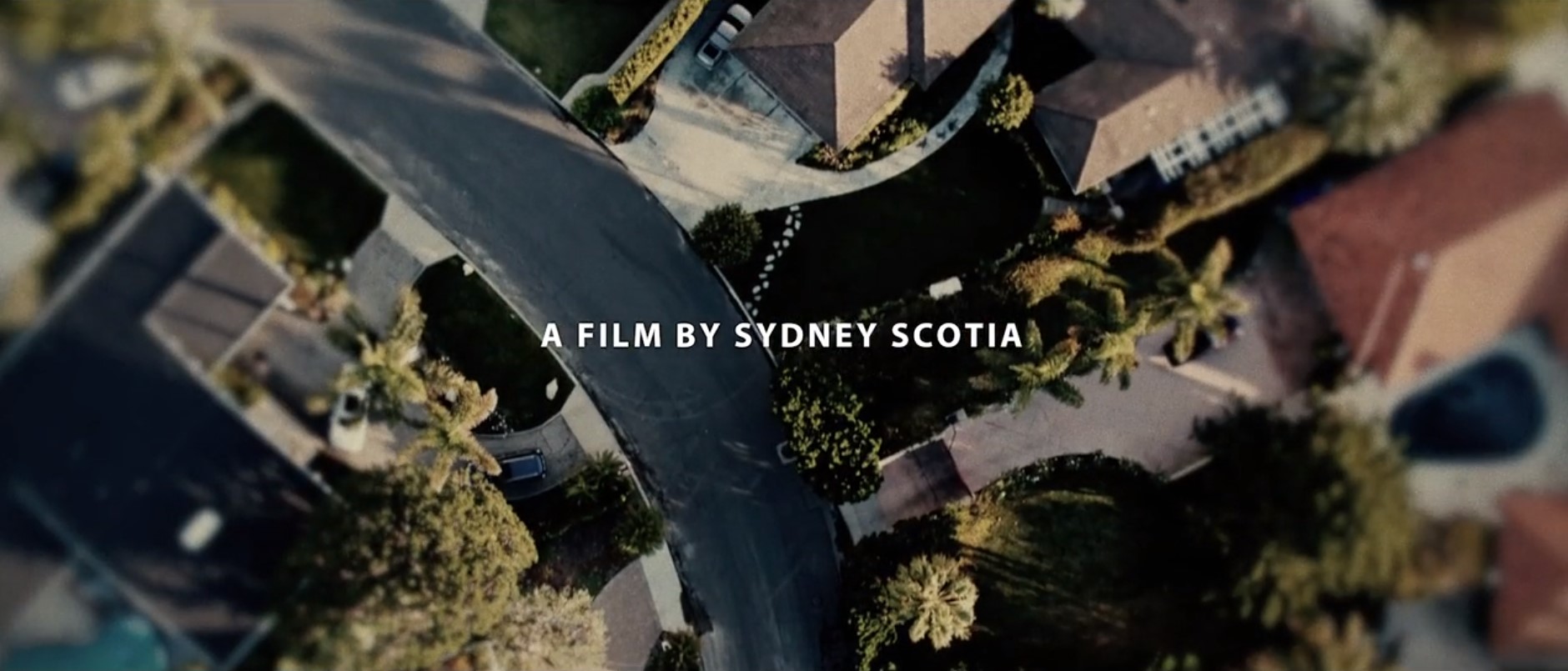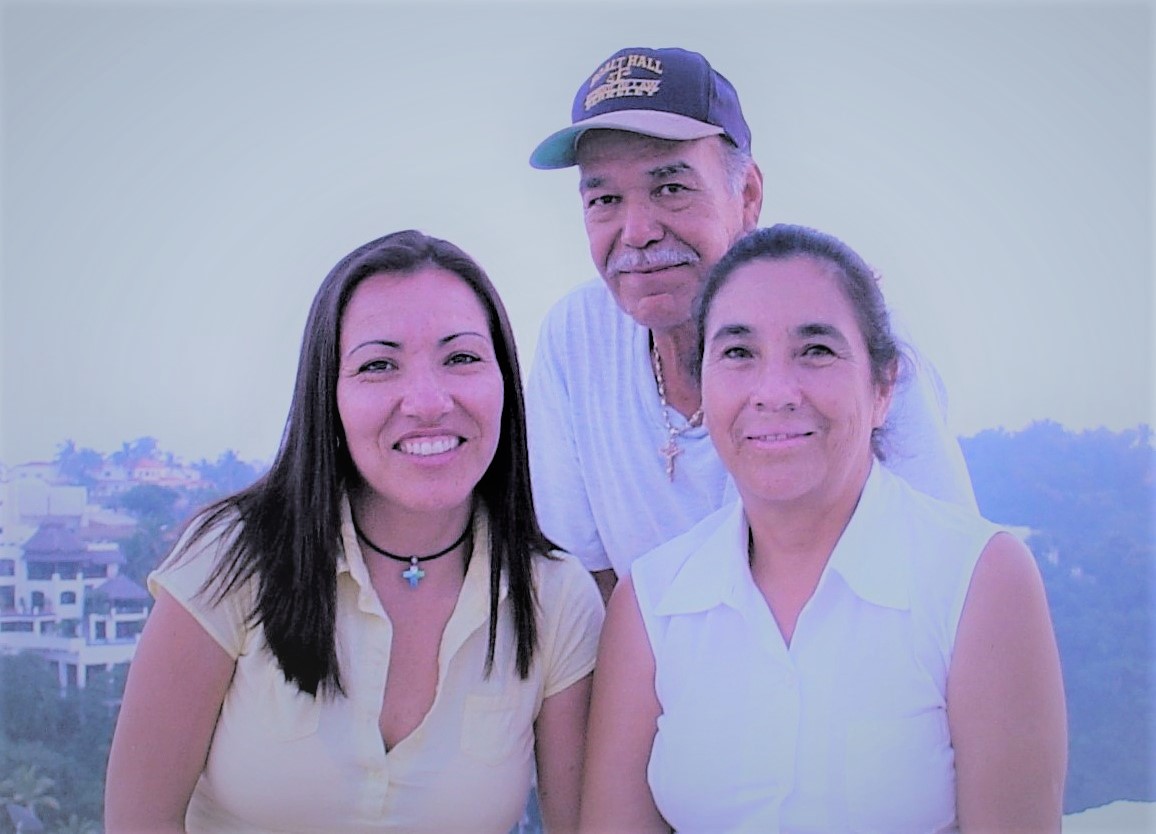Pánfila's Plans
Our Strategic Goals
Encourage Current Brain Science to Focus on DV-TBI and DV-CTE and/or Advocate a New DV-TBI and DV-CTE Brain Science Field
Promote and launch the Pánfila Domestic Violence HOPE Foundation Healing the Brain Initiative or collaborate with current brain science to support the beginning and/or advancement of medical and clinical science research concerning the domestic violence population at risk of suffering from repeated nonconcussive head impacts, head trauma, and traumatic brain injury (TBI) and related health consequences such as chronic traumatic encephalopathy (CTE) that will elucidate the pathogenesis of the brain injury, the pathological and neurological consequences, and the targets for new treatments that will disrupt disease progression and facilitate recovery.
Promote and launch the Pánfila Domestic Violence HOPE Foundation Brain Donation Initiative, in affiliation (but not exclusive of collaborating with other brain banks) with Boston University Chronic Traumatic Encephalopathy (CTE) Center to encourage brain donation of among the domestic violence DV-TBI and DV-CTE impacted population that will elucidate the pathogenesis of the brain injury, the pathological and neurological consequences, and the targets for new treatments that will disrupt disease progression and facilitate recovery
Encourage and support medical institutions to develop research and clinical care programs to facilitate early diagnosis, treatment, and rehabilitation of individuals impacted by DV-nonconcussive head impacts, head trauma, and TBI and related health consequences such CTE.
Create and promote the development of medical science advisories to support and help individuals impacted by DV-head trauma, TBI, and CTE in medical and mental-health settings, healthcare, emergency rooms, social services, psychiatric, educational, counseling, and relevant settings.
Advocate, Develop, and/or Partner with Key Stakeholders to Design, Implement, and Monitor Community-Based DV-TBI And DV-CTE Support Services
Provide strength, healing, trauma, and culturally based help and support to individuals suffering from DV-head trauma and TBI and its related progressive neurodegenerative diseases, specifically, CTE.
Develop, implement, and monitor culturally, trauma, and strength based DV-TBI and DV-CTE standards of care and assessment tools, and provide training on these, to identify and support the DV-impacted population.
Provide culturally, healing, trauma, and strength-based support and help to families and loved ones of individuals impacted by DV-TBI and DV-CTE such as caregiving best practices


Provide Education, Awareness, and Training on the Public Health Pandemic of DV-TBI, and DV-CTE Pandemic and What Can Be Done to Address It
Educate and train the public, DV population, system of care, media, philanthropy and funders, government, courts and law enforcement, schools, churches and other neighborhood constituents and stakeholders about the DV-TBI And DV-CTE Pandemic and how they can help to address it.
Develop and distribute culturally sensitive and strength-based DV-TBI and DV-CTE collateral materials aimed at educating the public about the DV-TBI and DV-CTE Pandemic.
Collaborate with global, national, federal, state, and/or local partners to develop, launch, and monitor a DV-Nonconcussive Head Impact, Head Trauma, TBI, and CTE Education Awareness Campaign to create global awareness and education and call to action.
Collaboratively develop and distribute strength-based, trauma, and culturally informed practices and models for individuals, families, schools, communities, faith organizations, social media platforms, and others to promote deep, empathetic, and respectful conversations about the public health hazards of domestic violence.
Build and Launch an Effective, Trusted and Sustainable Non-Profit Organization Capable of Achieving Its Mission and Realizing Its Vision
Official 2023 launch of Pánfila Domestic Violence HOPE Foundation with release of the documentary This Hits Home.
Seek and secure sustainable funding to develop the infrastructure, capacity, and programming to implement strategies and goals.
Develop and maintain collaborative relationships with key constituents to meaningfully engage them in executing strategic goals.
THIS HITS HOME




